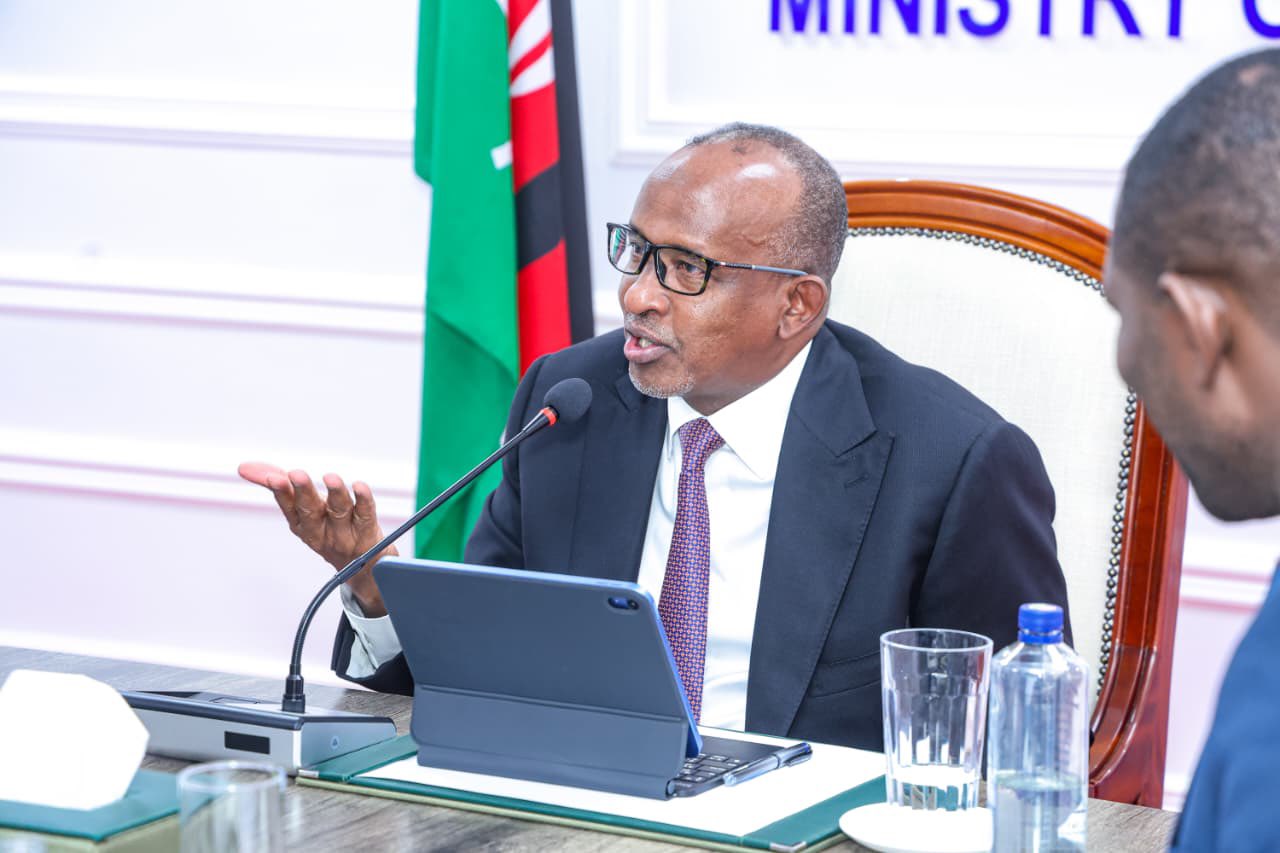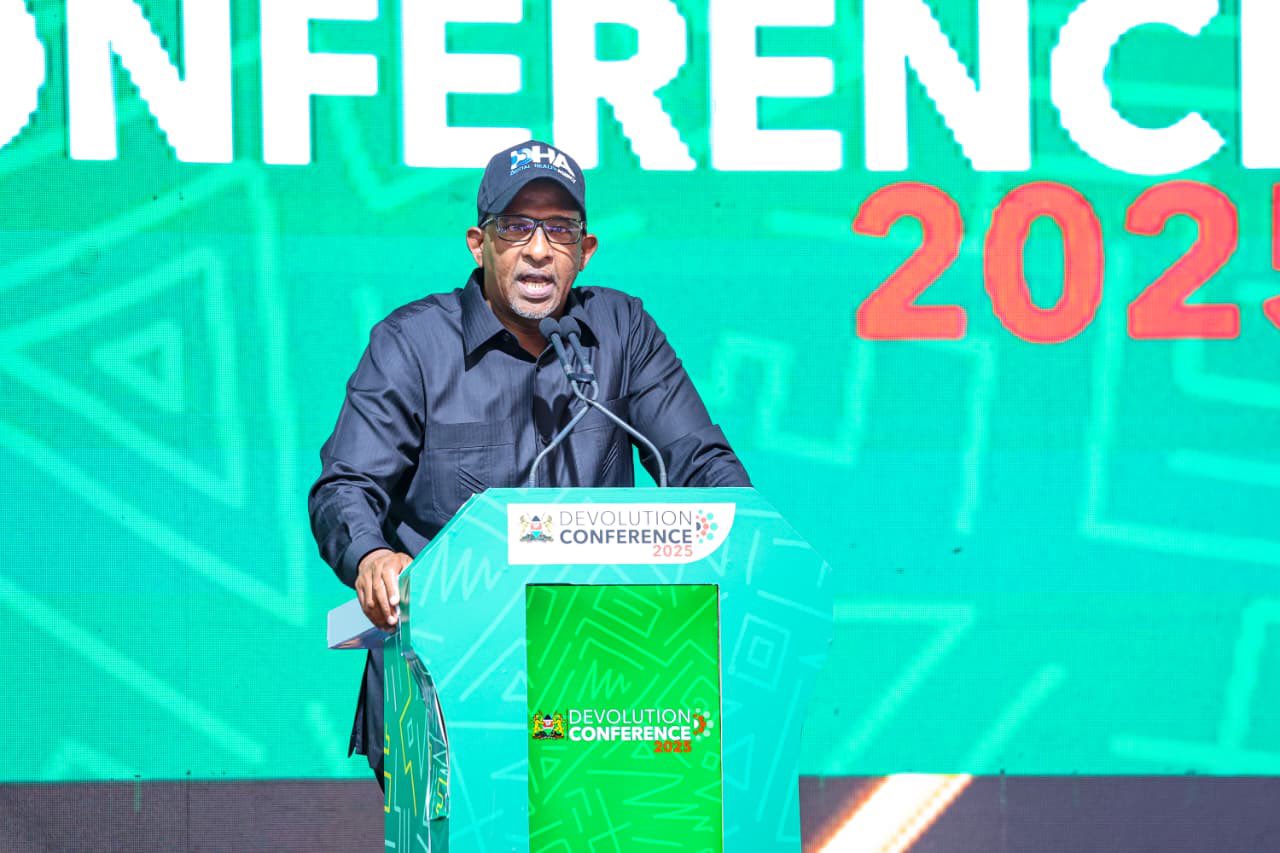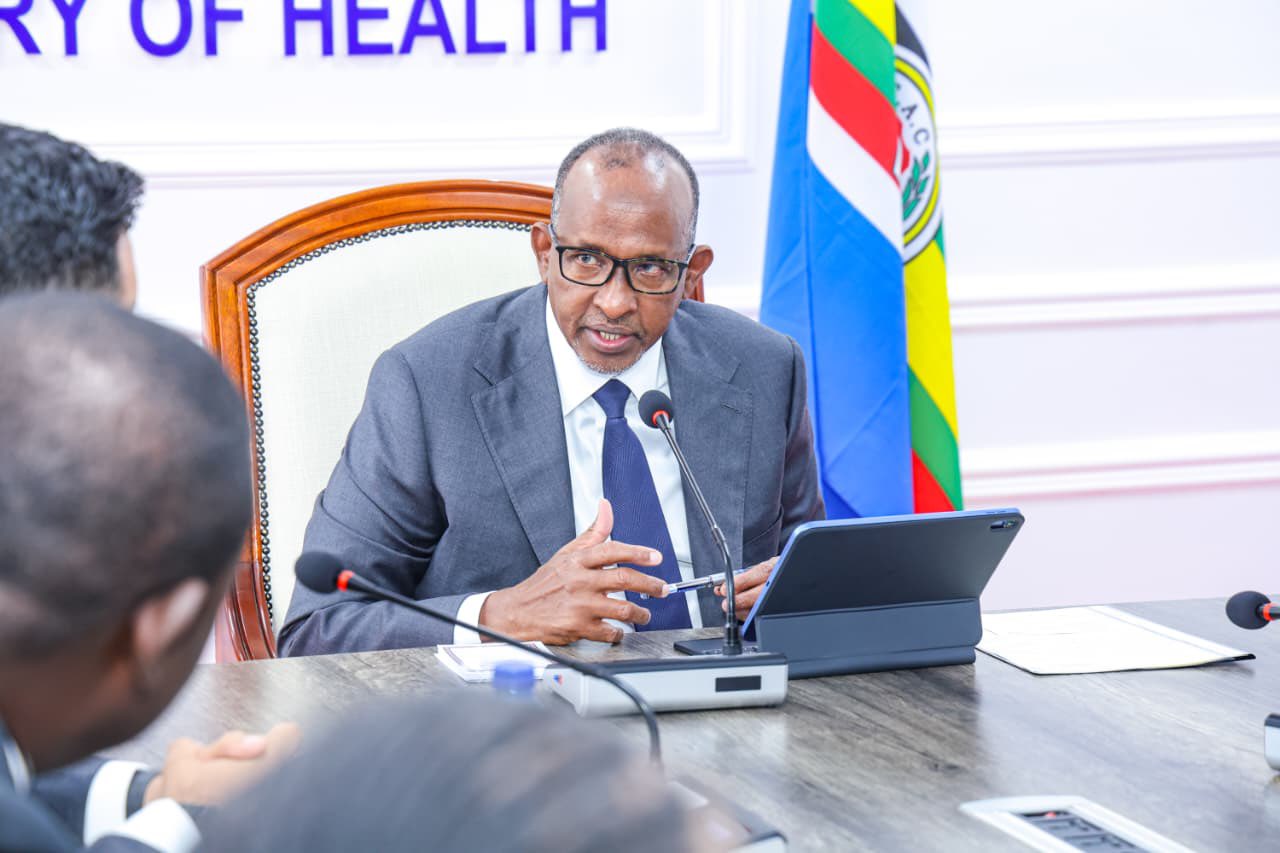

Health Cabinet Secretary Aden Duale has in recent months found himself at
the center of a storm that has tested both his resilience and his reform
agenda.
Once known primarily as a hard-hitting legislator, elected four times to
represent Garissa Township, Duale is now carrying one of the toughest dockets
in President William Ruto’s government; the Ministry of Health.
Since assuming office, Duale has sought to
project an image of action and accountability.
His efforts to overhaul the Social Health Authority (SHA), formerly the National
Health Insurance Fund (NHIF), have been both lauded and fiercely resisted.
At the core of his early battles is the fight against fraudulent claims and
mismanagement within the health financing system, a fight that has quickly
placed him on a collision course with powerful interest groups.
“No amount of propaganda or blackmail will
deter us from fixing our healthcare system,” Duale declared in a tweet.
“We know saboteurs of SHA have recruited several groups, including some sections of the media, to advance their agenda. Let them be warned: we are fixing this thing regardless of the noise.”
This bold rhetoric is consistent with the combative political style Duale exhibited throughout his career.

As Majority Leader in the National Assembly for close to a decade, he built
a reputation as a loyal defender of the government of the day, never shying
away from controversy.
But unlike parliamentary debates where victories are often measured in
soundbites, the Ministry of Health demands tangible reforms that touch the
lives of millions of Kenyans.
The launch of the SHA was a landmark step in
the government’s push for universal health coverage.
Designed to expand access to affordable healthcare, it replaced a scheme
that had long been criticized for inefficiency and corruption.
Yet, barely months into its rollout, Duale has been forced to confront
allegations of mismanagement, delayed payments to hospitals, and a surge in alleged
fraudulent claims.
Critics have accused the ministry of mishandling the process and unfairly
targeting healthcare providers.
Despite the backlash, Duale has stood firm.

He insists the ministry will not tolerate fraud and has vowed to hold
accountable any facility, doctor, or patient implicated.
“To all healthcare providers: consider this a final warning,” he said.
“Any facility, doctor, or patient found to be involved in fraudulent
activities will be held liable and face the full force of the law. We’ve
already initiated the process to recover paid monies and will involve law
enforcement to prosecute perpetrators.”
Beyond fraud, Duale has also moved to address
the long-running human resource crisis in the health sector.
The deployment of over 6,400 healthcare interns earlier this year was a key
intervention to fill gaps in public hospitals and appease restive medical
graduates.
It was a politically risky move, given the heated standoff with health
unions over pay and working conditions.
But for Duale, it was a necessary step to restore public confidence in the
health system.
His tenure, however, has not been without
bruising battles.
Hospital administrators, some medical associations, and opposition
politicians have accused him of heavy-handedness and failing to provide clarity
on SHA’s funding streams.
Duale’s defenders however argue that the
resistance he faces is evidence that he is rattling a system long comfortable
with impunity.
They point to his resolve as proof of his commitment to President William Ruto’s broader health reforms.

For a man who once wielded immense influence
in Parliament, the scrutiny he now faces is of a different order.
Health is a deeply personal issue for Kenyans, and every policy misstep can
quickly translate into public anger.
Yet, Duale appears determined to weather the storm.
“We will not rest until every Kenyan has
access to quality, affordable, and dignified healthcare, free from the burden
of fraud,” he said in a past interview.
Whether he ultimately succeeds will depend on
more than rhetoric.
The months ahead will test whether his war on fraud, his human resource
interventions, and his push for a stronger SHA can translate into lasting
reform.
For now, Duale remains a man under watch, but one unwilling to back down from
the challenge of cleaning up Kenya’s troubled healthcare system.
Duale is our Hotshot of the Week because he embodies a rare mix of political
resilience and administrative firmness at a moment when the health sector is
under fire.
He has faced mounting calls for resignation, relentless attacks from vested
interests, and even coordinated campaigns to discredit the SHA reforms. Yet, he
has not retreated.















